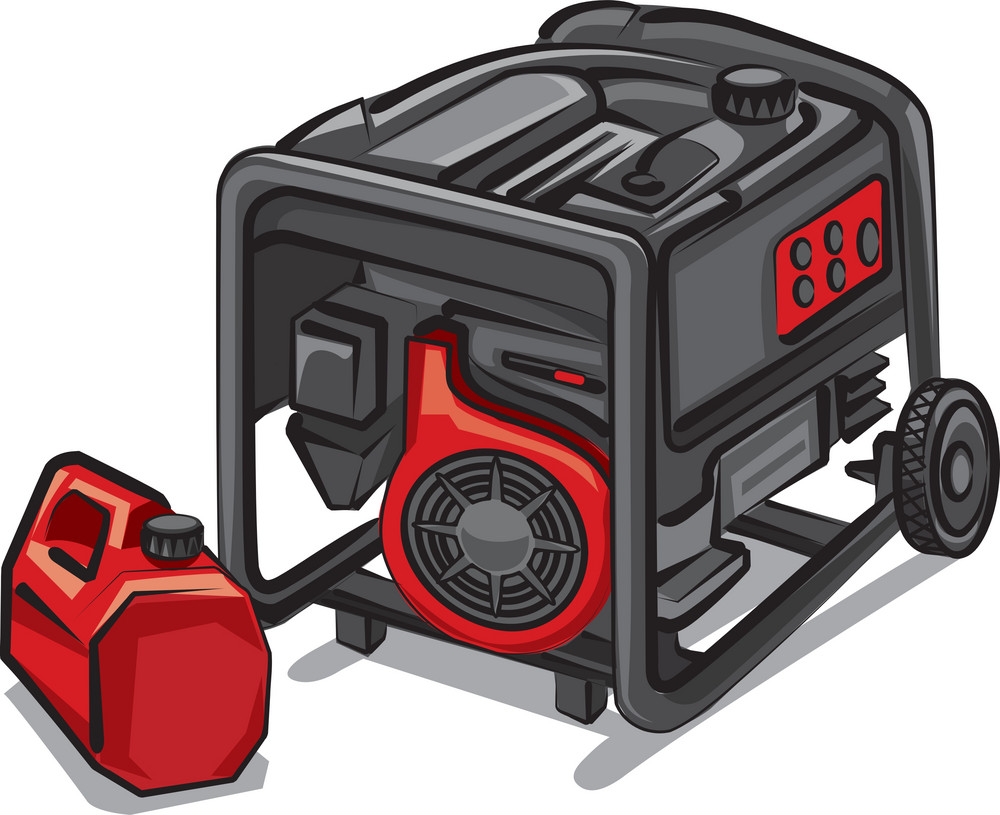Power outages throughout the globe affect millions of people each year. Interruption of utility service is normally attributed to weather events like powerful thunderstorms with high winds. Strong storm cells such as hurricanes, micro-bursts and tornadoes. Power outages can last just a few hours or a few days. In the case of widespread damage after a significant weather event like a hurricane, it could take utility workers weeks to restore power. As a result, some homes will be void of power, which still continue to need to support life and keep vital equipment running.
Power Outage Problems
perhaps the last power outage only lasted a few hours. When the power went out, you called the electric utility and found out that crews would have power restored the same day. It was inconvenient to live without power for a short time, but take into account what was going on in your home during that time. Even homes with dry basements from sump pumps can quickly start to flood within an hour. Without power the temperature of your freezers and refrigerators will increase. Without power, temperature extremes can make a house unlivable in a very short time. Without having heat, pipes can also freeze in the cold temperatures.
Generators Keep The Power On
Standby generators for emergency power and portable generators can keep a home supplied with electricity. The standby alternative works whether or not anyone is home. Sensing the power outage automatically, the generator will initiate and disconnect the house from the utility lines and connect it to the generator instead. ::standbygenerators:: for home use run on either liquefied petroleum gas (LP Gas or Propane) or natural gas (NG). When you use NG or LP as your fuel the need to refuel is no longer required . A portable generator works in a similar fashion, but requires the homeowner to set it up, connect it to the house and get it started, and then throw a manual transfer switch to power up the home. If you decide to go a different route than the transfer switch method, extension cords are then used to plug your appliances directly into your generator. Small portable generators usually run on gasoline, but LPG is an choice for some. Tri-fuel models can run on gasoline, LPG or NG.
Portable Vs. Standby
A home standby generator is a respectable all in one backup system. It runs and supplies power for days without human intervention. If an outage happens when no one is at your home, the only thing that will be noticeable when you come back is the clocks have reset. Food stored in your freezer or refrigerator will be just as you left it. Portable generators will cost less than any standby generator unit and the connections to the home are also more economical. Portable generators are also an alternative for someone who is seeking for a cheaper answer then both a standby generator and transfer switch. Keeping a portable generator for use during a power outage also means keeping fuel on hand and sustaining that fuel supply by including stabilizers and rotating the stock as it grows old.
Be Ready
Don’t be caught without power during the next big storm. Start preparing now and make your selection of a portable or standby backup generator for your home so that when the next power outage hits, you’re not left questioning when the power will come back on, if the food will spoil in the fridge, or if the pipes will freeze from sub-freezing temperatures. Stay at home in consolation while others are flocking to hotels to escape the heat or cold. defending your property ahead of time is much cheaper than fixing or changing it.
For more info go to: www.Got-Generators.com
